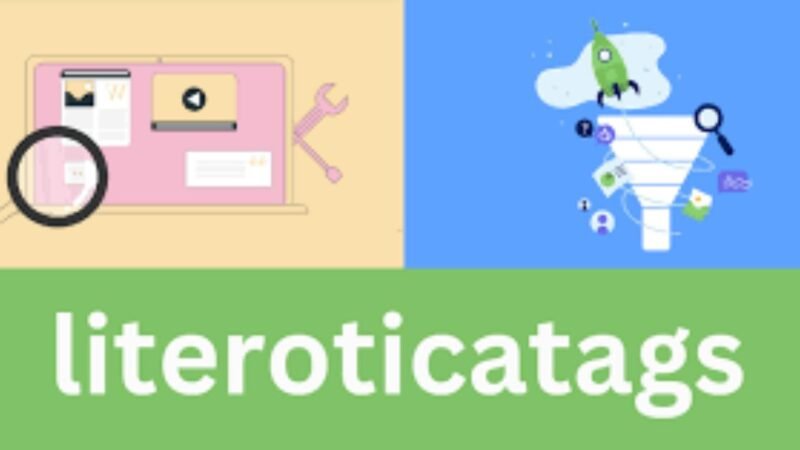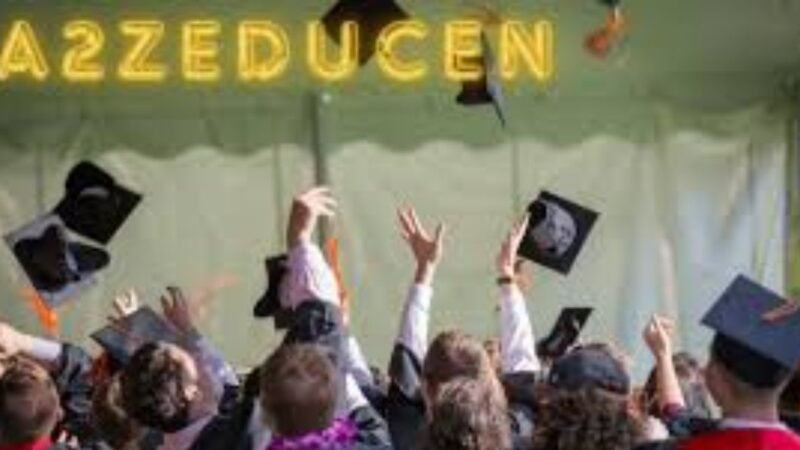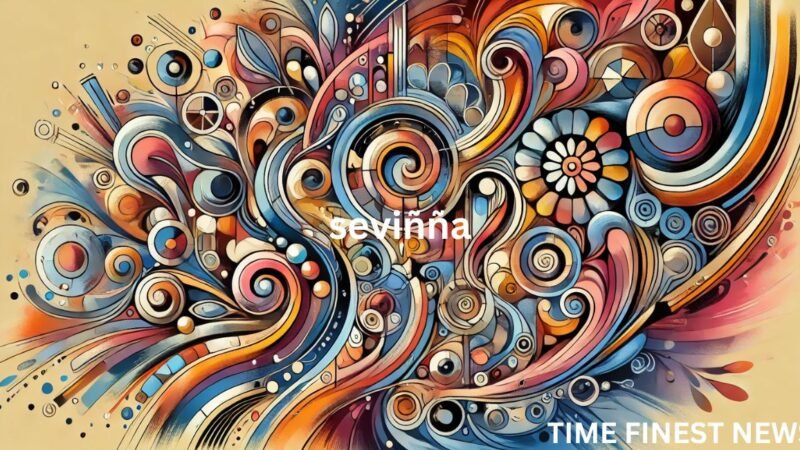Exploring the Expansive World of Wikipedia: An Online Encyclopedia

Introduction
In today’s digital age, Wikipedia has become synonymous with free knowledge. This platform, which anyone can edit, offers an extensive array of information on virtually every topic imaginable. From historical events to the latest scientific breakthroughs, Wikipedia serves as a comprehensive resource for individuals seeking reliable information. The journey of Wikipedia from its inception to becoming the world’s largest online encyclopedia is a testament to the power of collaborative knowledge.
What is Wikipedia?
Wikipedia is an online encyclopedia that anyone can edit, created, and maintained by volunteers worldwide. Launched on January 15, 2001, by Jimmy Wales and Larry Sanger, Wikipedia quickly grew to become the largest and most popular general reference work on the internet. The name “Wikipedia” is a blend of the words “wiki” (a type of collaborative website) and “encyclopedia.” This platform operates under the principles of openness and collaboration, allowing users to contribute to and refine articles.
The Genesis of Wikipedia
The concept of wikîpedia was born out of a desire to create a freely accessible knowledge base that anyone could contribute to. Jimmy Wales and Larry Sanger envisioned a world where knowledge was democratized, and their innovative idea led to the creation of wikîpedia. Initially, Wikipedia was a complement to Nupedia, a more traditional online encyclopedia with articles written by experts. However, Wikipedia’s open-editing model quickly surpassed Nupedia in popularity and scope.
Wikipedia’s Mission and Vision
wikîpedia’s mission is to provide free access to the sum of all human knowledge. This ambitious goal is driven by a commitment to openness, neutrality, and accuracy. The vision of Wikipedia is to create a world where every single human being can freely share in the sum of all knowledge. This vision is reflected in Wikipedia’s core principles, including verifiability, neutrality, and the free distribution of content.
The Structure of Wikipedia
wikîpedia’s structure is unique, relying on a community of volunteers to create and maintain its content. Articles are written and edited by users, who adhere to guidelines and policies designed to ensure accuracy and neutrality. Wikipedia’s content is organized into categories, making it easy to navigate and find information on specific topics. Each article includes references and citations, providing sources for the information presented.
The Role of Editors in Wikipedia
Editors play a crucial role in maintaining the quality and accuracy of Wikipedia’s content. These volunteers contribute by writing new articles, editing existing ones, and ensuring that information is properly sourced. Editors come from diverse backgrounds, bringing a wide range of expertise to the platform. Wikipedia’s editing community is governed by policies and guidelines that promote respectful collaboration and dispute resolution.
Wikipedia’s Policies and Guidelines
To maintain the integrity of its content, Wikipedia adheres to a set of policies and guidelines. These include principles such as verifiability, neutrality, and no original research. Verifiability ensures that information is backed by reliable sources, while neutrality requires that articles present balanced viewpoints. The no original research policy prohibits the inclusion of unpublished information or personal opinions.
The Reliability of Wikipedia
While Wikipedia is a valuable resource, questions about its reliability often arise. The open-editing model means that articles can be updated or modified by anyone, which can sometimes lead to inaccuracies. However, Wikipedia’s robust editorial community and policies help to mitigate these risks. Many studies have found Wikipedia to be comparable in accuracy to traditional encyclopedias, particularly on well-monitored articles.
Wikipedia in Education
Wikipedia has become an essential tool in education, providing students and educators with easy access to a vast array of information. Teachers use Wikipedia as a starting point for research projects, while students rely on it for quick reference. Additionally, Wikipedia’s transparency about sources and edits makes it a valuable resource for teaching critical thinking and research skills.
Wikipedia’s Global Reach
Wikipedia’s impact is truly global, with editions available in over 300 languages. This multilingual approach allows people from diverse linguistic backgrounds to access and contribute to the platform. Wikipedia’s global reach extends to remote and underserved communities, providing free knowledge to those who might otherwise lack access to educational resources.
Challenges Faced by Wikipedia
Despite its success, Wikipedia faces several challenges. These include issues related to vandalism, bias, and the digital divide. Vandalism occurs when users intentionally introduce false or misleading information, though such changes are usually quickly corrected by vigilant editors. Bias can also be a concern, as articles may reflect the perspectives of their contributors. Additionally, the digital divide means that not everyone has equal access to the internet, limiting Wikipedia’s reach in some areas.
The Future of Wikipedia
As Wikipedia continues to grow, it faces the challenge of adapting to an ever-changing digital landscape. Innovations in technology, such as artificial intelligence and machine learning, offer new opportunities for enhancing the platform. For example, AI tools can help identify and correct errors, while machine learning algorithms can improve the organization and accessibility of content.
Wikipedia’s Role in Promoting Free Knowledge
Wikipedia’s commitment to free knowledge aligns with broader movements advocating for open access to information. By providing free access to a vast repository of information, Wikipedia supports educational initiatives, research, and informed decision-making. The platform’s emphasis on verifiability and neutrality also promotes a more informed and critical approach to consuming information.
The Community Behind Wikipedia
The success of Wikipedia is largely due to its dedicated community of volunteers. These individuals contribute their time and expertise to create and maintain high-quality content. Wikipedia’s community is diverse, encompassing people from all walks of life who share a passion for knowledge and collaboration. The platform’s open-editing model fosters a sense of ownership and accountability among contributors.
Wikipedia and Digital Literacy
In an age of misinformation, digital literacy is more important than ever. Wikipedia serves as a valuable tool for teaching and promoting digital literacy skills. By encouraging users to critically evaluate sources, verify information, and engage in respectful debate, Wikipedia helps foster a more informed and discerning online community.
Wikipedia’s Impact on Research
Wikipedia has had a significant impact on research, both as a starting point for inquiry and as a source of citations. Many researchers use Wikipedia to quickly familiarize themselves with a topic before delving into more specialized sources. Additionally, the platform’s extensive referencing system provides a valuable resource for finding primary and secondary sources.
The Evolution of Wikipedia’s Technology
Wikipedia’s technology has evolved significantly since its inception. The platform has embraced new tools and features to improve user experience and content quality. Innovations such as the VisualEditor, which allows for easier editing, and mobile-friendly interfaces have made Wikipedia more accessible to a broader audience. Future technological advancements promise to further enhance the platform’s capabilities.
Wikipedia and Social Responsibility
Wikipedia’s commitment to social responsibility is evident in its efforts to address systemic bias and promote diversity. Initiatives such as the Wikipedia Gender Gap and the Wiki Education Foundation aim to increase representation and participation from underrepresented groups. By fostering a more inclusive environment, Wikipedia strives to provide a more comprehensive and balanced repository of knowledge.
The Role of Wikipedia in Crisis Situations
Wikipedia has proven to be a valuable resource during crises, providing timely and accurate information on developing situations. The platform’s ability to quickly update and disseminate information has made it a go-to source during natural disasters, public health emergencies, and political events. Wikipedia’s commitment to verifiability and neutrality ensures that users can rely on it for trustworthy information in times of need.
Wikipedia’s Financial Model
Wikipedia is a non-profit organization, relying on donations and grants to fund its operations. The Wikimedia Foundation, which oversees Wikipedia, conducts regular fundraising campaigns to support the platform’s mission. This financial model allows Wikipedia to remain free of advertisements and maintain its commitment to free access to knowledge.
Wikipedia’s Impact on Traditional Encyclopedias
The rise of Wikipedia has had a profound impact on traditional encyclopedias. Many print and digital encyclopedias have struggled to compete with Wikipedia’s vast and constantly updated repository of information. Some have adapted by embracing digital formats and open-access models, while others have ceased publication altogether.
Wikipedia and Cultural Preservation
Wikipedia plays a crucial role in cultural preservation by documenting and sharing information about diverse cultures and traditions. The platform’s multilingual approach allows for the inclusion of cultural perspectives that might otherwise be overlooked. Wikipedia’s efforts to preserve and promote cultural knowledge contribute to a more inclusive and interconnected world.
The Ethical Considerations of Wikipedia
As an open-editing platform, Wikipedia must navigate various ethical considerations. These include issues related to privacy, copyright, and the potential for misuse of information. Wikipedia’s policies and guidelines help address these concerns, promoting responsible and ethical use of the platform.
Wikipedia’s Influence on Public Perception
Wikipedia has a significant influence on public perception, shaping how people understand and interpret information. The platform’s commitment to neutrality and verifiability helps ensure that users receive balanced and accurate information. However, Wikipedia’s open-editing model also means that articles can reflect the biases and perspectives of their contributors.
Wikipedia’s Role in Knowledge Sharing
At its core, wikîpedia is a tool for knowledge sharing. The platform’s collaborative model allows individuals to contribute their expertise and learn from others. By facilitating the free exchange of information, Wikipedia supports a more informed and connected global community.
Wikipedia and the Future of Information
As we look to the future, Wikipedia will continue to play a vital role in the dissemination and democratization of information. The platform’s commitment to free access to knowledge, coupled with its ability to adapt to new technologies, positions it as a cornerstone of the digital information landscape. Wikipedia’s ongoing evolution will shape how we access, share, and understand information in the years to come.
FAQs
What is Wikipedia’s mission?
Wikipedia’s mission is to provide free access to the sum of all human knowledge, allowing anyone to contribute and share information.
How reliable is Wikipedia?
While Wikipedia’s open-editing model can lead to inaccuracies, its robust editorial community and policies help maintain the reliability of its content. Many studies have found Wikipedia to be comparable in accuracy to traditional encyclopedias.
Who can edit Wikipedia?
Anyone with internet access can edit Wikipedia. The platform relies on a community of volunteers to create and maintain its content.
How does Wikipedia ensure the quality of its content?
Wikipedia adheres to policies and guidelines, such as verifiability and neutrality, to ensure the quality of its content. Editors are encouraged to cite reliable sources and present balanced viewpoints.
What role does Wikipedia play in education?
Wikipedia is a valuable tool in education, providing students and educators with easy access to a vast array of information. It is used as a starting point for research projects and as a resource for teaching critical thinking and research skills.
How does Wikipedia address bias and diversity?
Wikipedia actively works to address bias and promote diversity through initiatives such as the Wikipedia Gender Gap and the Wiki Education Foundation. These efforts aim to increase representation and participation from underrepresented groups.
Conclusion
Wikipedia stands as a testament to the power of collective knowledge and the democratization of information. Its commitment to free access, neutrality, and accuracy has made it an invaluable resource for millions of people worldwide. As Wikipedia continues to evolve and adapt to new challenges, its role in shaping the future of information remains as crucial as ever.





